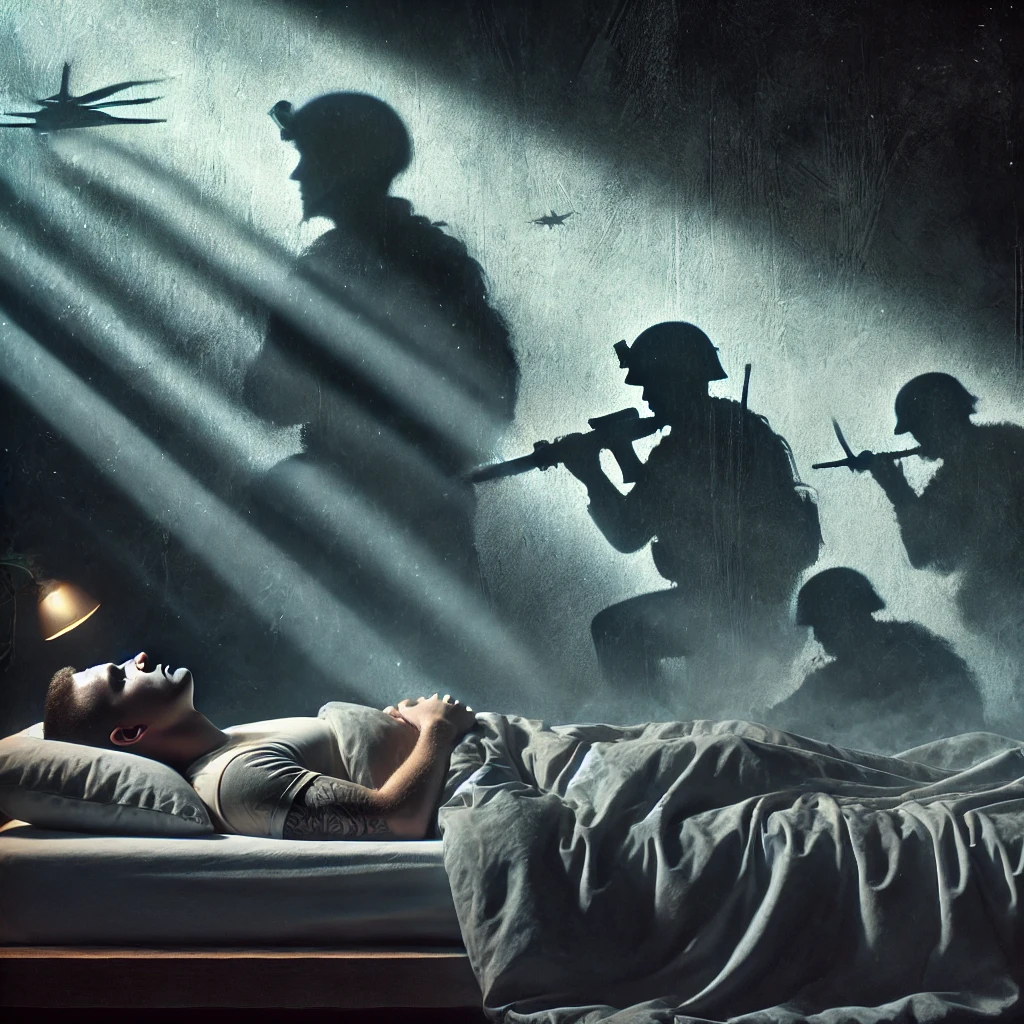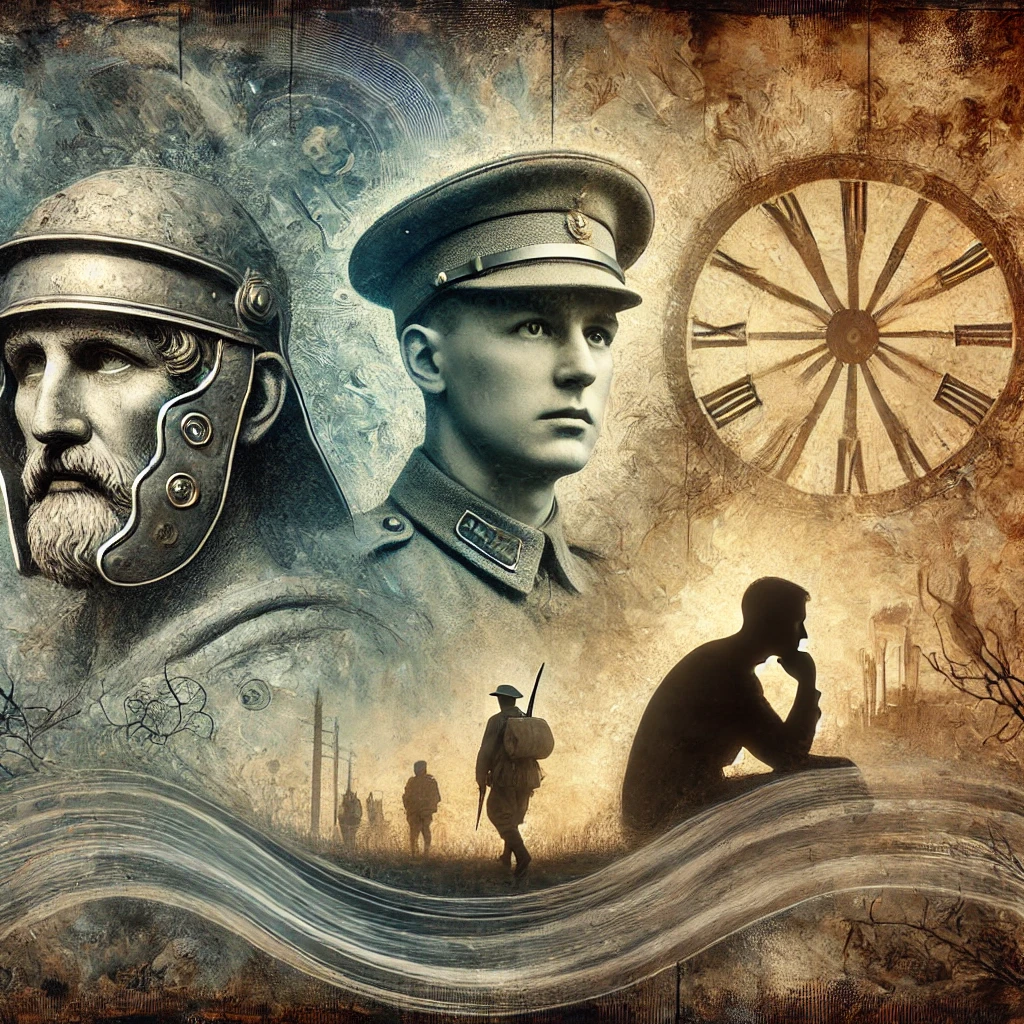Time is a relentless force. As the years pass, the number of living World War II veterans like my grandfather diminishes, taking with them invaluable firsthand accounts of history. These stories, filled with courage, resilience, and humanity, are treasures we must preserve—not just for history books but to remind future generations of the sacrifices made for freedom.
Here’s why saving these stories matters and how we can ensure they endure.
Why These Stories Are Vital
1. Personal Insights into Global History
History books provide dates and facts, but veterans’ stories offer something more: the human experience. These narratives give life to the battles, sacrifices, and camaraderie that shaped the world during World War II.
2. Inspiration for Future Generations
Hearing about the bravery, resourcefulness, and endurance of veterans inspires us to rise above challenges in our own lives. These accounts are a reminder of what humanity can achieve under immense pressure.
3. Honoring Their Sacrifice
Preserving their stories ensures that their sacrifices aren’t forgotten. It’s a way to thank them for their service and keep their legacy alive.
How to Save These Stories
1. Record Oral Histories
Sit down with a veteran and record their story. Use audio or video recording devices to capture their voice, expressions, and emotions. Apps and platforms like StoryCorps and the Veterans History Project make it easy to document and archive these narratives.
2. Write Down Their Memories
Not every veteran may feel comfortable speaking on camera. Offer to help them write down their experiences. A handwritten or typed account is equally valuable and can be shared with family, friends, or local museums.
3. Engage in Community Efforts
Many historical organizations, museums, and universities run programs to document veterans’ stories. Partner with these groups to contribute to their archives. For example, the Library of Congress’s Veterans History Project is a great resource.
4. Create Digital Memorials
Social media platforms, blogs, and personal websites are modern ways to share veterans’ stories with the world. Consider creating a digital space where their narratives can reach wider audiences.
5. Encourage Family Storytelling
Families are often the keepers of untold stories. Encourage children and grandchildren to ask veterans about their experiences. This not only preserves history but strengthens familial bonds.
Overcoming Barriers
Some veterans may be reluctant to share their stories due to painful memories or modesty. Approach them with patience and respect. Start with light questions, like their daily routines during the war, and gradually move to deeper topics. Show genuine interest and gratitude for their willingness to share.
The Urgency to Act
As of 2024, fewer than 70,000 World War II veterans are still with us in the United States, with most in their late 90s. Time is of the essence. The stories we save today will serve as a bridge between the past and the future.
A Call to Action
If you know a World War II veteran, don’t wait. Take the time to sit down with them, ask questions, and record their experiences. Share their stories with your community, contribute to archival projects, and ensure their voices echo through the ages.
Together, we can preserve the legacy of the Greatest Generation, ensuring their sacrifices and triumphs are never forgotten.
Have you recorded a veteran’s story before? Share your experience or tips in the comments to inspire others to join this vital mission! See you out there.
Discover more from Inside the mind of Wade
Subscribe to get the latest posts sent to your email.



